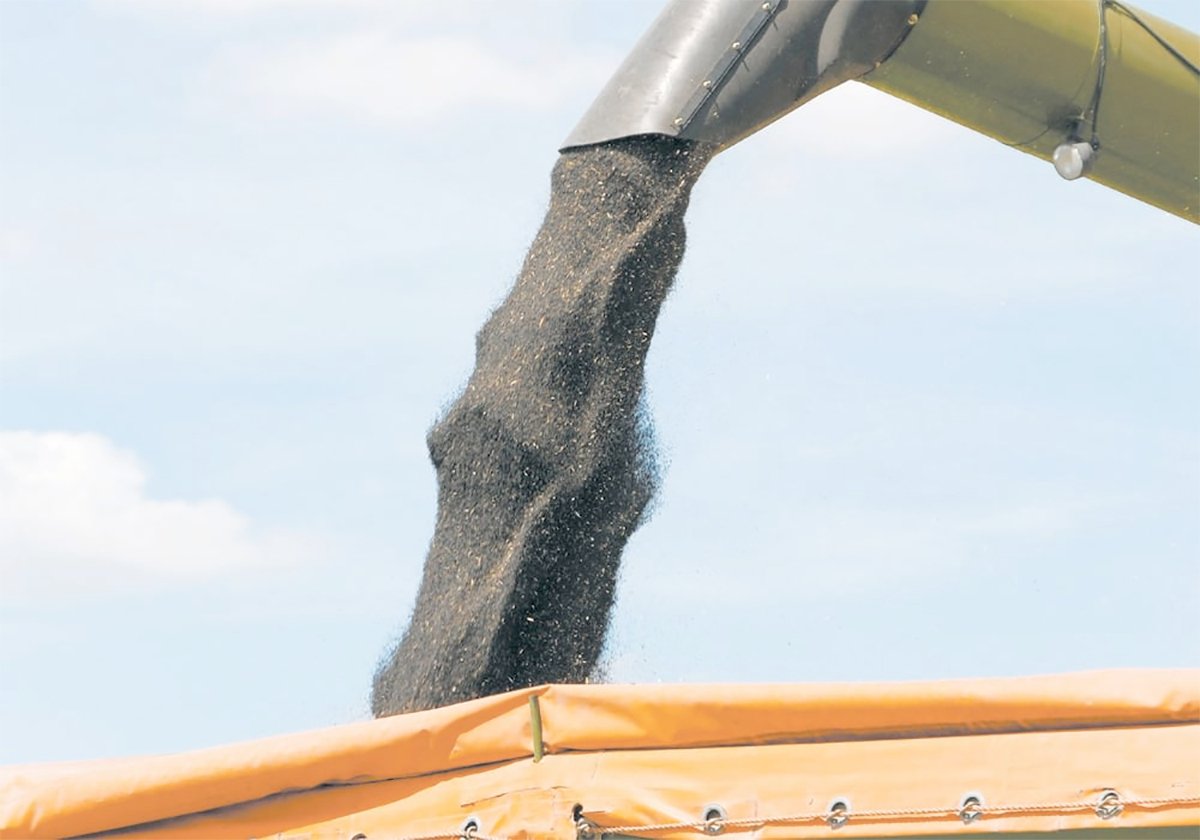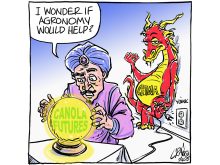AFTER more than a year and $1.5 million from taxpayers, a 24-page audit
report has provided ammunition for both sides of the debate on the
Canadian Wheat Board.
But which ammunition is tangible and which is philosophical, bordering
on dogmatic?
Board supporters like auditor-general Sheila Fraser’s conclusion. She
gave high marks to the CWB’s market intelligence, sales strategies and
plans, negotiations and customer relations. She also found it has
proper accounting and reporting systems, handles financial risk
Read Also

Determining tariff compensation will be difficult but necessary
Prime minister Mark Carney says his government will support canola farmers, yet estimating the loss and paying compensation in an equitable fashion will be no easy task, but it can be done.
appropriately and manages an orderly system of delivery and
transportation.
These are tangible findings, as is a benchmarking study showing that
the board increased the farmgate price by $10.49 per tonne of wheat in
2000-01.
“The day-to-day operations are well-managed, but it is really in the
governance and strategic direction that serious improvement has to be
made,” Fraser told reporters. Performance measurement and information
technology also need work, she said.
Supporters can point to the report as proof that the board is marketing
in farmers’ best interests. They also applaud the call for longer-term
strategic directions for the board to help ensure and influence its
future.
CWB detractors argue Fraser’s findings do not prove that operations are
well-managed. There is only one direction they want the board to take:
the direction that will end its monopoly.
- o report or conclusions from auditors, independent researchers or
international trade tribunals will convince them the board has not
stolen their right to access lucrative American grain markets.
CWB opponents themselves are split on the governance issue. The Western
Canadian Wheat Growers Association said the board of directors should
“set the overall direction of the organization and not be involved with
the micro-managing.”
Yet some farmers demand that board members be more involved and examine
every entry on revenue and expenses in the day-to-day business of the
board – and then show those details to the public.
Members of elected or appointed boards for any organization who become
involved in minutiae soon get bogged down in a quagmire.
Wheat board directors are obligated to understand the overall function
of the business, but this should be gained through a system of
competent analysis and reporting.
Directors cannot be expected to examine every business transaction.
They should instead analyze the CWB’s strengths and weaknesses and
discover where it can improve.
Long-term planning is critical, and must include an exploration of
which marketing system the majority of western Canadian grain farmers
want. Dogmatism on either side of the debate gets in the way of real
facts.














